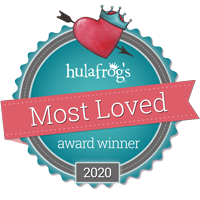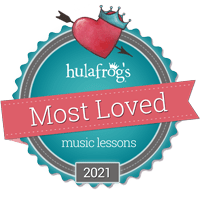12 Surprising Benefits of Piano Lessons for Kids
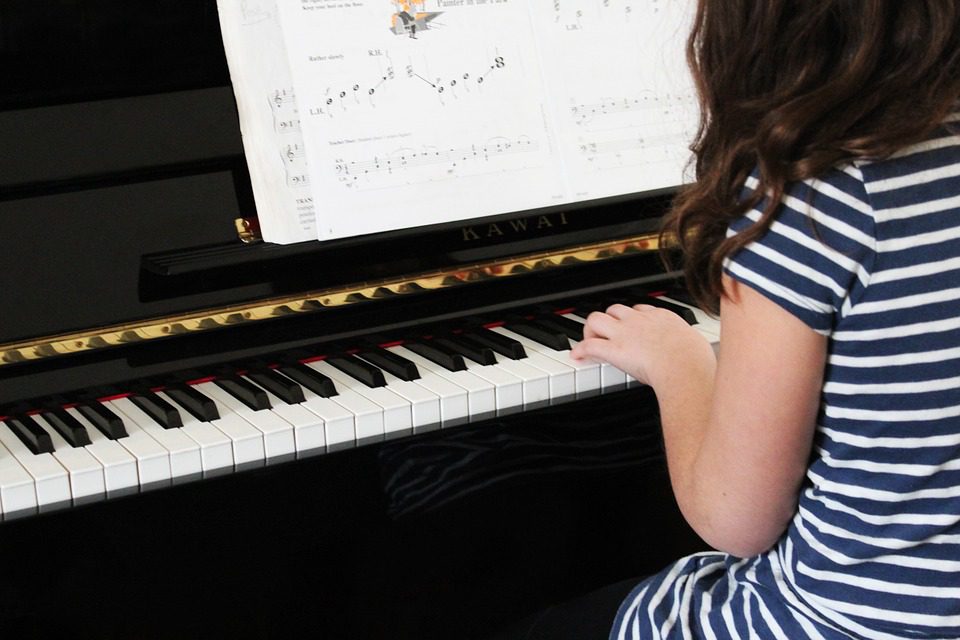
Kids are flying high whenever they get to do something super awesome that makes their parents proud of them.
And of course, when our kids are happy, us parents are extra ecstatic, too!
Your beaming child coming with a ton of “good job” stickers on his arm?
Best feeling in the world, moms and dads, right?
It’s why introducing them to a skill that will not only make them feel good about themselves, but can also develop them in so many ways is one of the best gifts we can ever give to our child.
I remember when I took my son to his very first piano lessons at age 5. He’s always loved listening to piano music and would mimic the way pianists just let their fingers dance and glide onto the keyboard. Yep, with eyes closed and all that.
Ah, cutest thing ever to see my little bub pretend he could actually play the piano!
So I figured, why not give him that experience? And I did. I sent him to a piano school. He loved it so much and looked forward to each day that he gets to play the piano and become better and better at it.
He’s 13 now, and that love affair with the piano never waned since day one.
Piano Lessons Benefit Kids
What seemed like just a regular trip down to the piano teacher after school and on weekends actually ended up teaching him more than music. He earned real-life skills that continue to shape him to be the kind of person he is now and will be for years to come.
Let me share with you these amazing benefits of piano lessons to my son, which maybe other parents can relate with after seeing these things in their kids:
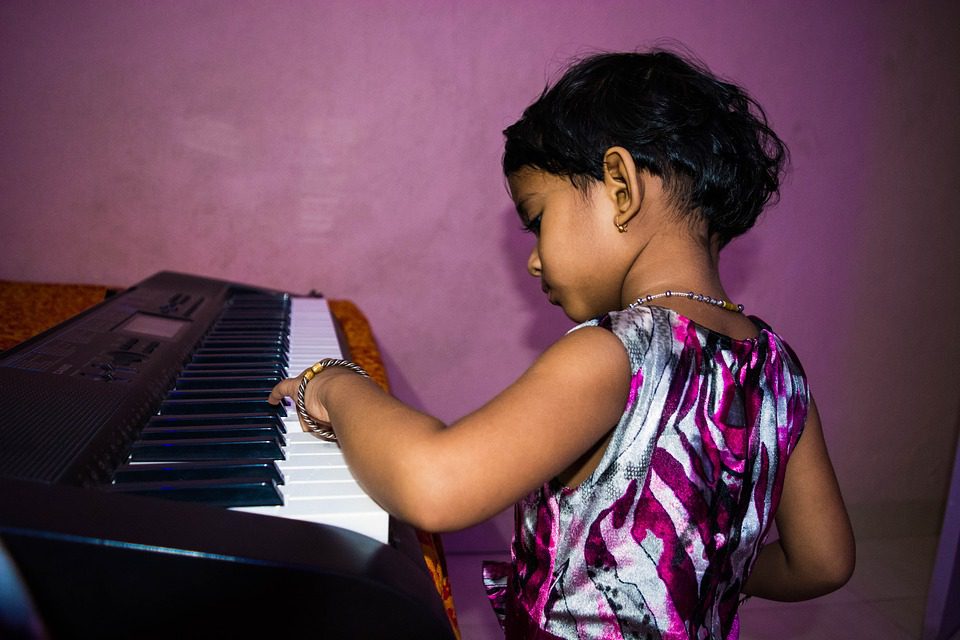
1. Boosts Their Confidence.
When kids get to accomplish something, that makes them super confident about themselves. It’s that feeling of conquering their fear or just being able to do something they never thought they could do.
It could be just a normal session with the piano teacher or something super big as a recital, but each time your kids are given a task and they get to complete it, they feel proud of themselves. Not many kids could play a musical instrument, so can you imagine how your little one would feel about being one of the few in school who might be chosen to perform in front of a crowd and receive applauses afterward?
That’s MASSIVE for any child. Something to remember for the rest of his or her life.
2. Enhance Their Creativity.
At first, piano teachers start with the basics like note reading and some simple songs to play. But as time goes by, your kids would put them all together and dabble with the different notes and come up with their own music. It’s like when they learn their ABCs, and next thing they know, they’re composing sentences, paragraphs, and even a full-length story!
Those famous composers we know started with the fundamentals.
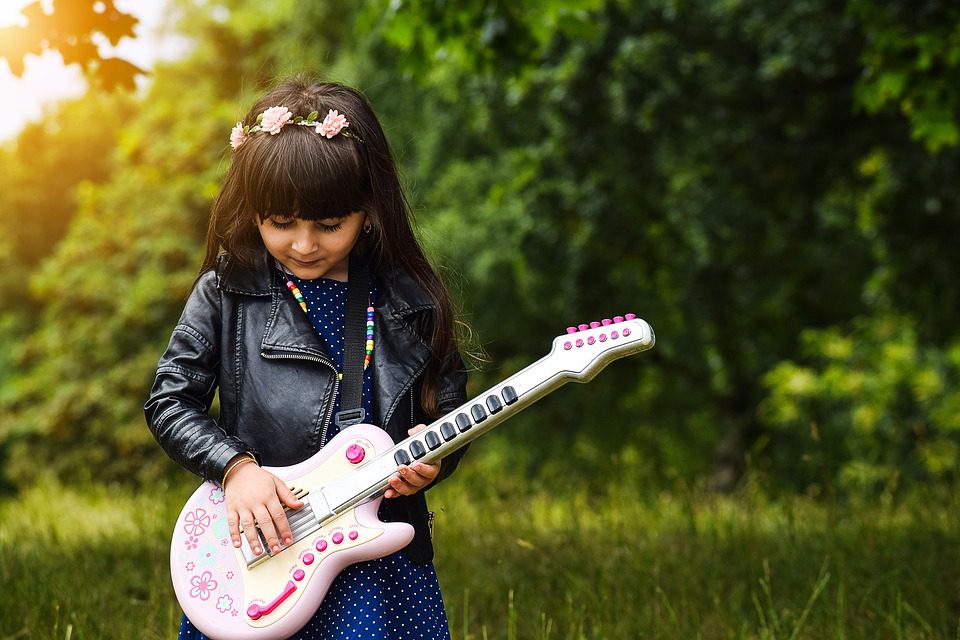
first, piano teachers start with the basics like note reading and some simple songs to play. But as time goes by, your kids would put them all together and dabble with the different notes and come up with their own music. It’s like when they learn their ABCs, and next thing they know, they’re composing sentences, paragraphs, and even a full-length story!
Those famous composers we know started with the fundamentals.
3. Improves Children’s Sensitivity
Being exposed to piano music helps kids to be more sensitive as they hear the subtle changes in tone with the different piano keys they hit. There are also changes in the melody and volume that affect the overall feeling of the music they play. You can just tell from listening to Debussy’s “Claire de Lune” then move on to Joplin’s “The Entertainer”. Very different feeling for each music, right?
And this ability to pick up the changes in the melody can help your kids become more sensitive as they participate in normal conversation and understand the varied emotions people convey through the rising, falling, loudness, softness, and shift in their tone of voice.
4. Develop Early Childhood Cognitive Abilities.
Dr. Eric Rasmussen, an American physician and medical doctor said “There’s some good neuroscience research that children involved in music have larger growth of neural activity than children not in music training. When you’re a musician and you’re playing an instrument, you have to be using more of your brain. So what may seem like simply pounding away on the piano keys can actually do wonders to your child’s mental development. One TED talk even explained the somewhat fireworks going off in a musician’s brain while playing music, along with the mental workout taking place that offers long-term positive effects to one’s memory and learning capabilities.
5. Promotes Discipline.
After class, piano teachers give kids homefun (that’s what we call “homework” at CMA) as a follow-up to what they have taken up for the day. The daily practice your child does as he or she pounds away on the piano builds discipline and good time management. Just the fact that there are regular school homeworks and tests to study for, then combine those all with piano class homefun can test your child’s ability to manage time and do all of these tasks according to schedule.
Sounds like a lot of stuff for a kid?
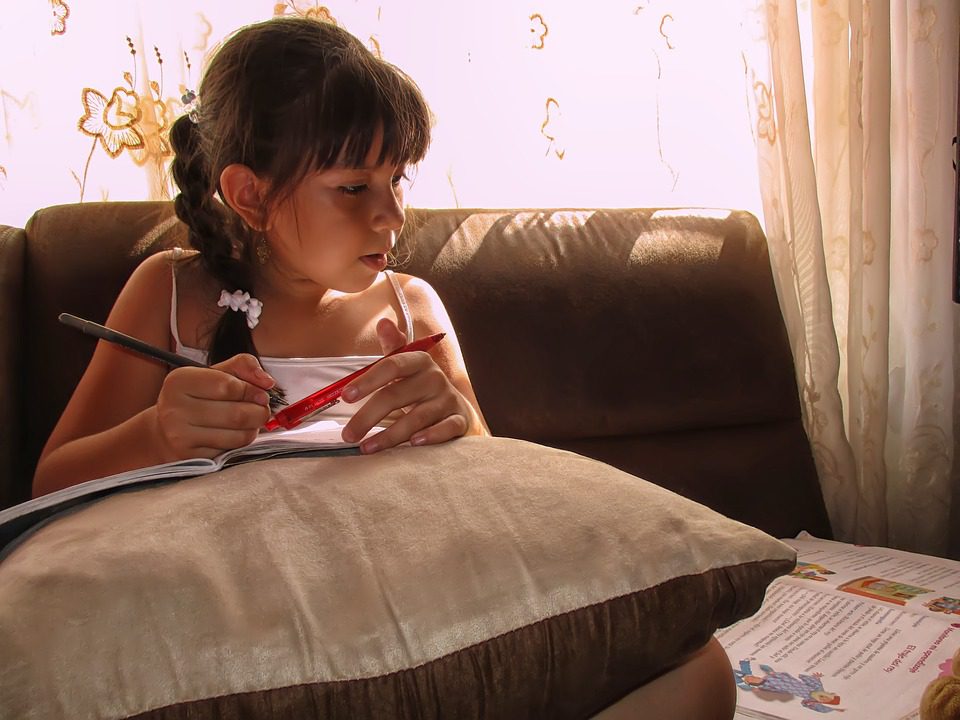
Don’t worry, it’s totally developing discipline that can do amazing things to your kid once he or she enters adulthood, get a job, and have more responsibilities to take care of.
6. Cultivates a Child’s patience.
In a music class, teachers set goals for each student. Maybe on day one, your child would want to immediately achieve those goals. But piano teaches kids about the value of delayed gratification. It starts with reading the notes, proper fingering and position of the hand on the piano, and playing simple songs.
So even if your child is too eager to bust out a rendition of Pachelbel’s “Canon in D Major” on day one, he or she will learn to persevere through several hours, months, and maybe even years of dedicated practice to reach that goal. Patience is developed alongside hours of hard work.
7. Helps Kids Become a better problem-solver and collaborator
Sometimes, teachers would split kids into groups and tasks are given to each child. Maybe these kids will be assigned to create a melody or some other project, but there’s a common goal that needs to be met. It’s pretty much the same thing in the real world where a problem exists, and people need to work together to solve these. Through group interaction and collaboration, problem solving skills are developed along the way.
8. Improves Childrens Eye-Hand Coordination.
Especially for little ones, piano lessons can help improve their fine motor skills as they stretch and move their fingers from one key to another. They are also reading notes and playing these on the piano at the same time. As they keep doing this and become more well-versed with these exercises, eye-hand coordination is developed - and they have a lot of fun at the same time!
9. Increases Their Focus and concentration.
Every task requires concentration to reach completion. This is particularly true with music since you need to focus on what you’re doing and continue with your practice to become much better in your craft.
10. Feel a sense of belongingness.
Kids love it when they belong in a group that makes them feel accepted for who they are. In a piano class with children who share that passion for music, it generates a feeling of being at home with where they are - every student doing the same thing and music being at the core of it all.
Children will feel they are a part of something, and that means a lot to fit in by just being themselves and not trying to be like someone that they’re not.
11. Overcome stress.
Music is therapeutic. Don’t you just feel so relaxed when you sit down, close your eyes, and let the gentle music fill your soul? It helps slow down your breathing and absorb your attention, so your mind doesn’t wander and think about negative things. So if that’s what listening to music can offer, just imagine how more powerful it is when you’re the one actually playing music. Your focus shifts from stress to something more peaceful and calming.
12. Make good use of time.
There’s nothing wrong with technology for sure. But when kids spend so much time on gadgets, they mind become overly stimulated which doesn’t do them any good. It can also be very distracting as their mind constantly drifts away from what they’re doing.
On the other hand, playing the piano is an amazing use of free time because they get to create something, maintain focus, release stress, and calm their minds. That’s a ton of rewards for just a few moments spent on the piano instead of tinkering around with the iPad during an idle time!
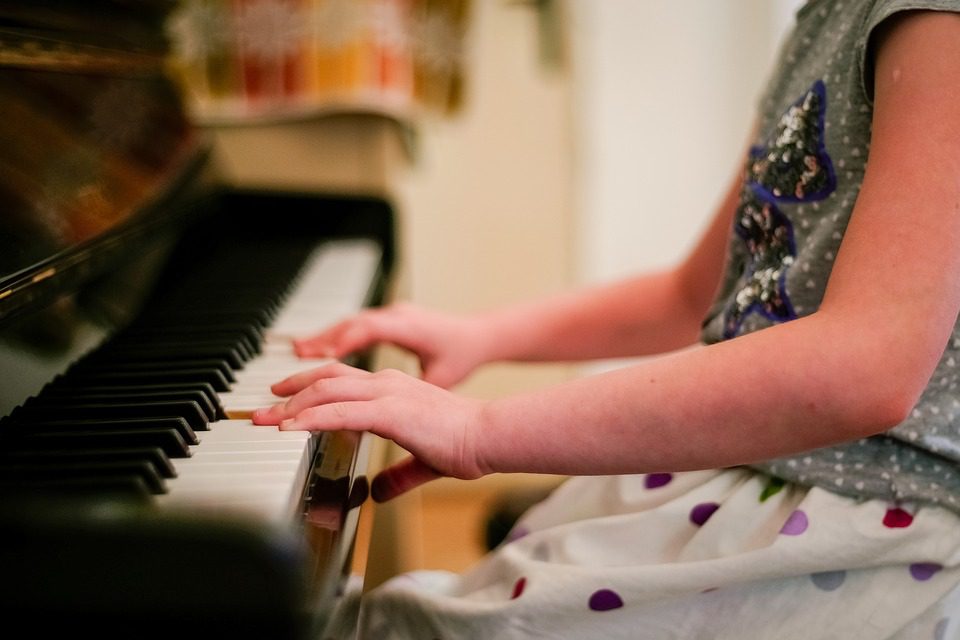
Piano Lessons for Kids - A Worthwhile Journey for the Mind and Body
What do you think of these benefits, moms and dads? Super cool, right? Piano lessons don’t just teach kids music, but it goes beyond note-reading and identifying melodies, or fingering the keys. These are MAJOR life skills learned, developed, and mastered that your child will carry on for the rest of his or her life.
With all these things that piano lessons can do to your kids, signing them up for a class can truly end up as a game changer for these tiny tots. Give them the gift of music that will feed their senses, make their heart fuller, and take them to a wonderful journey they will never forget.
